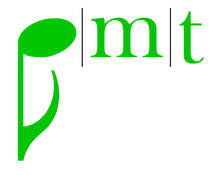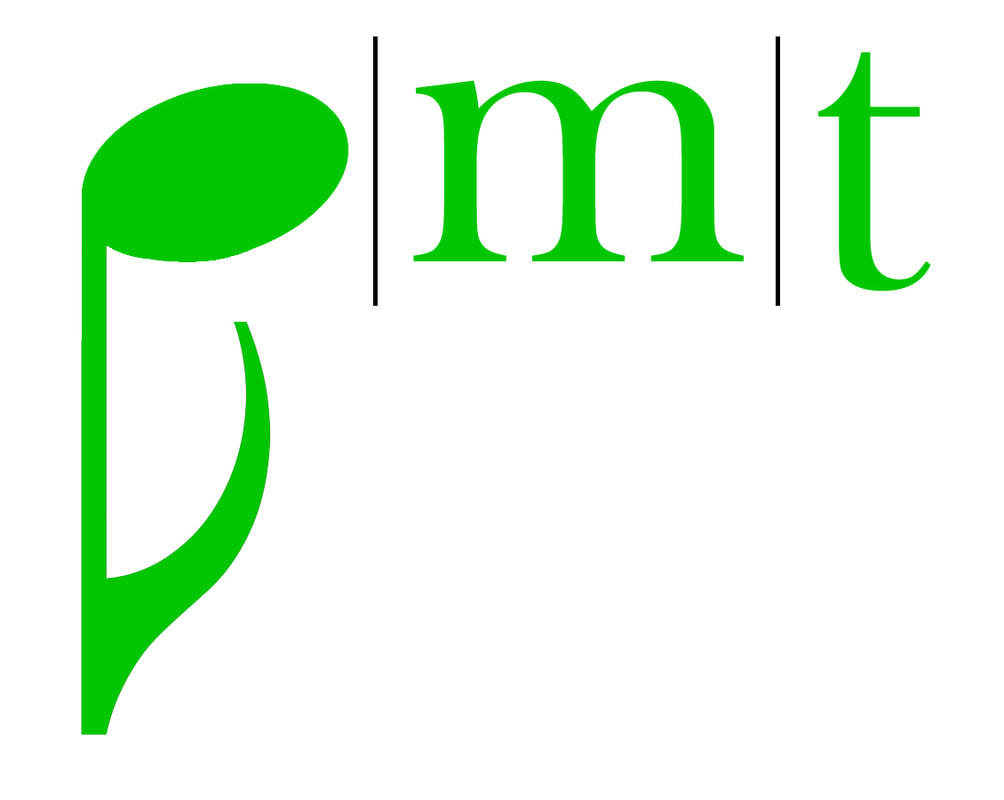|
By: Gabby Jones, Music Therapy Intern  ID: A gold journal with a blue pen resting on top next to a white hydroflask water bottle and a red apple, all sitting on a wooden ledge surrounded by trees. ID: A gold journal with a blue pen resting on top next to a white hydroflask water bottle and a red apple, all sitting on a wooden ledge surrounded by trees. As I’m nearing the end of my internship, I’ve reflected a lot on how far I have come. It wasn’t a straight or smooth path, nor was it all downhill. I’ve learned a lot about myself as a therapist and a musician, but also as an individual navigating the end of my time as a student, and the beginning of my journey as a professional. In the last several months, I’ve come to realize the ways in which I work best, and also the ways in which I recharge best. As someone who is passionate about preventative self-care and mental well-being, I want to acknowledge the importance of rest in the midst of hard work. Here are the ways in which I have learned to take care of myself, despite working the hardest I’ve ever worked:
2. Eat healthy. Although quick and easy junk-food meals often sound the most desirable, I recognize how important it is to fuel my body with good food for my brain. I eat meals with enough protein to keep me going, as well as carbs that immediately kick in and help me refuel faster. Although I often treat myself with a piece of candy or a starbucks, I make sure to balance it out with food that won’t let me crash when the extra sugar wears off. It’s about balance! Here is more info on the effect that various healthy foods have on your memory and overall brain functioning. 3. Similarly, drink water! Water is known to increase energy levels and help with concentration. Therefore, the more water you drink, the more productive you can likely be. We are supposed to drink 6-8 glasses of water a day. However, water intake also depends on how much you’re using your body AND brain. I’ve realized that I thrive on about 3 refills of my hydroflask - that’s 94 ounces of water per day. The more water, the better! Here is more info on the benefits of drinking water. 4. Set personal work boundaries. In the professional world, there is pretty much ALWAYS something that needs to be done. I’ve learned that my to-do list in my planner is never empty, and probably never will be. However, I work hard to make sure that I am allowing myself to rest at the end of the day and on weekends. I set deadlines for myself, of course, but I also make sure that if I’m feeling drained at the end of a long day, I step away from my emails and revisit them in the morning. Overworking leads to burnout. 5. Do things you like to do. After a long week of hard work, I often treat myself on the weekend. I read a new book, watch a few episodes of a show I’ve been wanting to watch, go hiking with my family, or go out with friends. I remind myself that although work is important and a huge part of my life, it is not my entire life. I am rightfully entitled to spend time doing things that help me feel like myself during the time I have off on the weekends. Similarly to the previous point about setting boundaries, I make sure that even if I have a long week ahead of me, I take the time to nurture my mental well-being by having fun and relaxing, at least for a few hours on Saturdays and Sundays so that I can go to work on Monday in the healthiest headspace possible. In conclusion, I’ve learned how important it is to take preventative measures to ensure a healthy mind and body while balancing a busy work life. Similarly to the points listed above, I also like to journal, exercise, and spend time meditating or praying. What are some measures you take to properly balance work and personal life? If you feel that you don’t take care of your mental health related to your work life as much as you’d like to, what are some things you’d like to try?
0 Comments
By: Matrisha Stafford, Music Therapy Intern  As an Intern, or maybe as a Therapist in general, our typical aim of treatment is to move closer to our clients goals. In my continued learning and practice towards becoming a professional music therapist I have encountered a lot of various things as I have planned and executed treatment for clients over the years, however I have never encountered such consistently challenging sessions with clients during that time. My internship has presented me with several opportunities to be apart of treatment plans that have challenged me in many new ways. Allow me to tell you a story about what it means to me to closely look for changes in my clients. I always try to look for ways to connect musically and verbally with clients. In this case though, it seemed like the more I tried to engage them the less interested, distracted, and negative attention seeking they became. When I noticed this I began pulling from my MT toolkit and thinking in my head, “whatever it takes to get through to them, that’s what we will do.” Week after week though, it inwardly felt like minimal progress connecting was happening and we instead came away with more and more lessons on what wasn’t working. It was only after being posed with the question, “have you asked what they want?” I realized I had been looking for change without listening to what my client was telling me. No matter verbally or nonverbally through their behavior, I had never taken into account what they may be trying to express to me. Very determined to make progress, I took this realization with me into our next time together, consistently asking them throughout that time, “what do you what?'' offering choices, and listening to and watching for their verbal and non verbal communication. During that time I saw a more engaged and regulated client in front of me who offered me insight into their feelings, and their willingness to participate in various activities. They were able to better communicate their desires for music making, and also communicated when they were finished, making that time together the best moments we have had so far in treatment. That short reflection has so many key details and learning points for all of us as we continue upholding our responsibilities to our clients to be the best therapist we can be to them. Remember to listen, remembering to allow for opportunities where your clients can express their autonomy, and knowing when to push, and when to yield to what the client may be showing you or telling you. As Music Therapists we should always be looking for how the music can be used to foster change, encourage vulnerability, and create an environment where clients can flourish. Sometimes it can be easy to get caught up in wanting the change that we can forget that what we do is both giving and taking between the client and ourselves. This particular client has taught me so much already, but the lesson of persistence, of patience, and really looking at what clients are trying to tell us is the best way to listen and be in tune with them so that the change we are looking for can occur. For more helpful information on how to communicate with and assist in nurturing thoughtful and autonomous people, check out Dr. Becky over at Good Inside. |
PMTProviding music therapy services for early childhood to older adults, music instruction and enrichment plus continuing music therapy education in Greater Charlotte Area of the Carolinas. Archives
May 2024
Categories
All
|
Piedmont Music Therapy is a 501(c)(3) status organization.
Piedmont Music Therapy accepts donations via venmo @piedmontmusictherapy or any amount through QuickBooks. Contact us to arrange an electronic pledge!
Main Location |
|


 RSS Feed
RSS Feed
